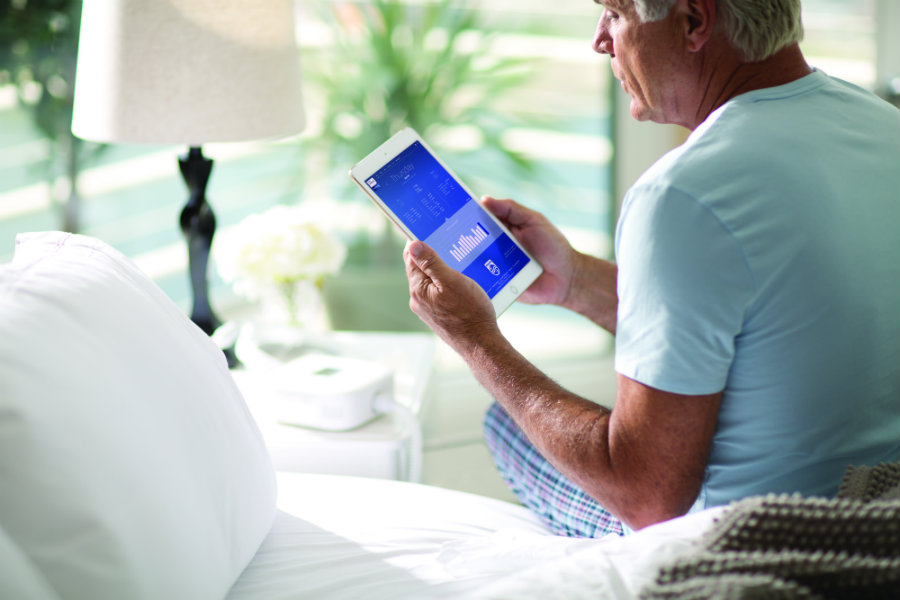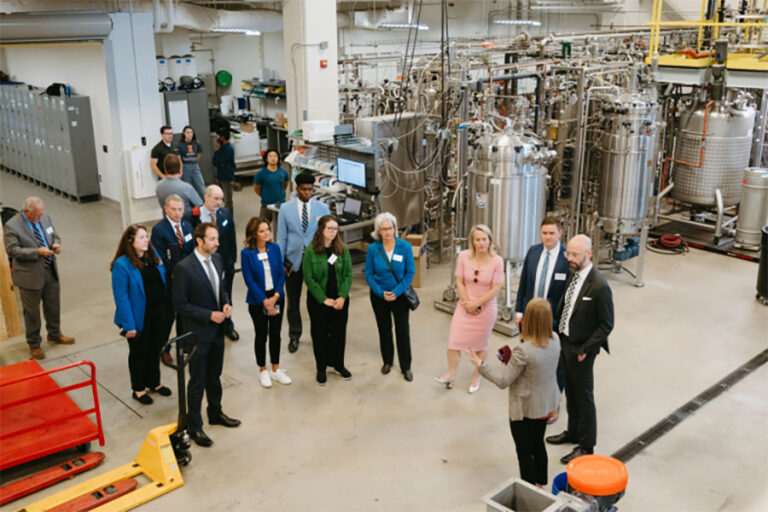
According to the U.N., the fastest growing segment of the global population is represented by people aged 60 and over—their number is expected to more than double by 2050 and to more than triple by 2100, rising from 962 million in 2017 to 2.1 billion in 2050 and 3.1 billion in 2100.
This ageing of the population is already exerting extreme pressure on health care systems around the world. In response, the medical sector is turning to digital technologies to reduce costs and re-think the way that health care is provided.
“It is almost inconceivable that we could deal with these large populations of aging people the same way as we did before,” says Dr. Jan Kimpen, chief medical officer at health technology company Philips.
“Costs have reached the maximum level that countries can afford to spend on health care. We have to transform and reinvent medicine, using digital capabilities and connectivity to treat patients with the highest quality of care.”
“Digital technology is improving health care and increasing life expectancy around the world.”
Dr. Jan Kimpen, Chief Medical Officer, Philips.
In Arizona, Philips is engaged in a ground-breaking partnership with a health provider that offers a window into a radically different future for the health care industry. Working with Banner Health, Philips is using digital technologies to help treat elderly patients not in hospitals but in their own homes.
The system is built around remotely monitoring these patients, keeping them in constant contact with carers, using two-way video via tables and smart devices for monitoring weight, blood pressure and other key indicators remotely. These innovations have not only improved the health of the patients, with emergency room visits cut by half, but have slashed the costs of healthcare by 34%.
“We strongly believe that bringing these new possibilities to bear will have a positive effect on the cost of health care, as well as helping to detect deterioration of health earlier,” van Kimpen says.
“At the same time, digital solutions can help patients take ownership of their own health, keep control of their lives, and stay independent and close to their families, friends and loved ones at home” ![]()









